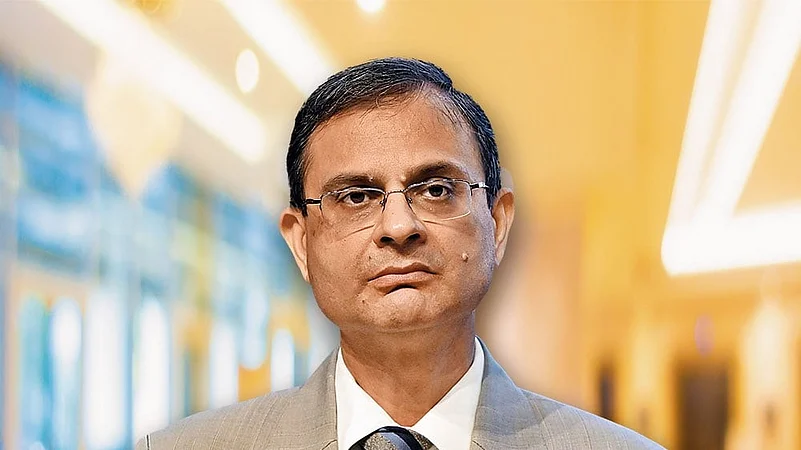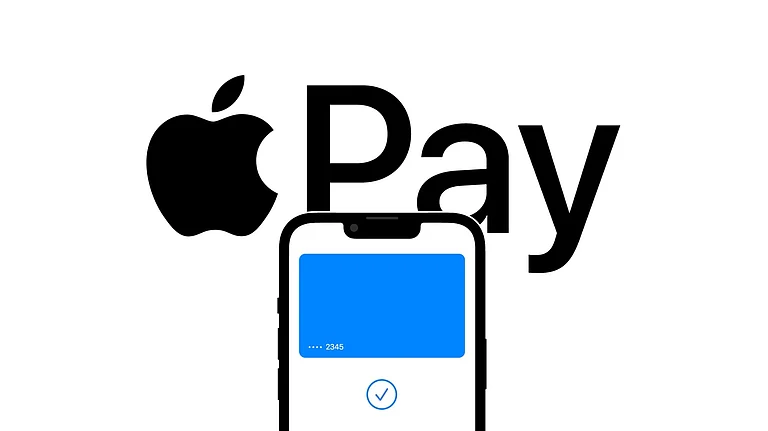As India marches towards becoming a global leader in fast and secure digital payments, with the government planning to launch UPI in more countries, the Reserve Bank of India (RBI) has reportedly stressed the need to make the Unified Payments Interface (UPI) system financially sustainable.
During an event today, RBI Governor Sanjay Malhotra said UPI's financial sustainability depends on changing the system of free digital transactions to include minimal charges. Currently, UPI runs without any user charges because the government has been subsidising banks and other participants to keep the entire UPI payments system free, he noted.
“We need a universally efficient system. As of now, there are no charges. The government is subsidising various players such as banks and other stakeholders in the UPI payments system. Obviously, some costs have to be paid,” he said.
Despite Indian government’s commitment to secure digital payments firm, Malhotra stated that long-term sustainability cannot be overlooked. He added that someone will have to bear the cost, while also clarifying that the final call on maintaining the zero MDR (merchant discount rate) policy rests with the government.
His remarks came after UPI processed transactions worth Rs 24.03 lakh crore in June, around 32% increase in transactions volume compared to the same month last year. It is also reported that the UPI app handled over 18 billion transactions monthly.
UPI in More Countries Soon
M Nagaraju, secretary, department of financial services (DFS) has earlier announced that UPI will soon be launched in a few other countries. "We are trying to expand our digital payment ecosystem to several other countries. Perhaps this year, we will be expanding our footprint to some other countries also," he said.
The UPI expansion aims at easing remittances and merchant payments for Indian diaspora and tourists. It’s entry into global markets is expected to challenge traditional cross-border payment networks by offering fast, low-cost, and secure alternatives. With this, India positions UPI as a key player in the future of global fintech infrastructure.
Currently, UPI is live in seven countries, including the UAE, Singapore, Bhutan, Nepal, Sri Lanka, France and Mauritius. After massive success of UPI in India, National Payments Council of India (NPCI) launched it in Bhutan in 2021. Thereafter, it has been launched in several other countries with a real-time digital payment network ecosystem.
UPI continues to cement its dominance in India's digital payments ecosystem, with its share in total transaction volume rising to 83.7% in the financial year 2025, up from 79.7% in financial year 2024. According to the Reserve Bank of India (RBI), UPI processed 185.8bn transactions in 2024–25, marking a 41% YoY growth.































